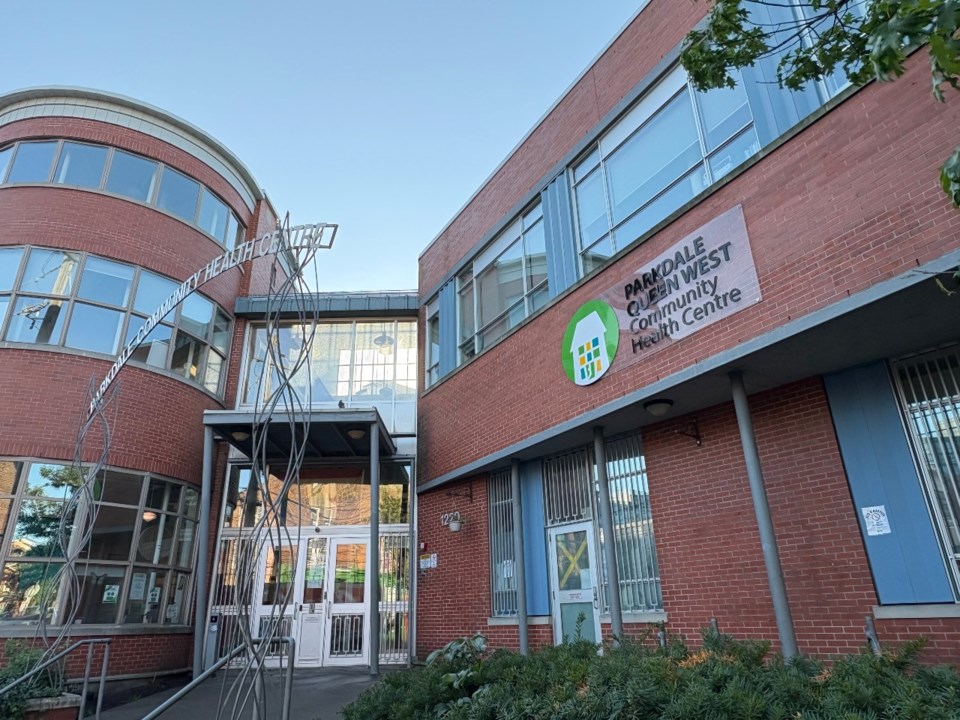TORONTO — Toronto’s supervised consumption sites (SCSs) are facing overwhelming pressure following the provincial government’s decision earlier this year to shut down facilities located within 200 metres of schools and daycares. Since the closures, operators of the six remaining SCSs report a surge in demand, more overdoses on city streets, increased hostility with neighbours, and growing burnout among frontline staff.
Managers say visits have in some cases doubled compared to last year, forcing staff to impose time limits in harm-reduction booths for the first time. Kelly White, manager of harm reduction programs at Street Health near Moss Park, said overdoses outside the facilities have become a daily reality as clients, unable to wait in long lines, use drugs elsewhere. “It’s devastating,” she said, noting the emotional toll on workers, many of whom have lived experience themselves.
At Parkdale Queen West Community Health Centre, staff responded to 38 overdoses in nearby streets over the past five months — more than double the same period last year. Director of harm reduction Gab Laurence described the workload as “absolutely overwhelming” and criticized the closures as “a deliberate attack on the lives of people who use drugs.” A suspected fatal overdose in a nearby amphitheatre underscored the dangers.
The increase in traffic has also sparked neighbourhood tensions. In Parkdale, residents have complained of discarded needles and public defecation, and staff have reported incidents of hostility. In August, the centre erected a fence around a local parkette to ease tensions, though it is scheduled to come down this week. Similar frustrations have emerged near Casey House in the Church-Wellesley Village.
The province has defended its policy, noting that the sites were converted into Health and Recovery Treatment (HART) hubs that provide mental health, primary care and housing supports. A spokesperson for Health Minister Sylvia Jones pointed to a 41 per cent decrease in suspected drug-related deaths in Ontario from June to August compared to the same period in 2024. “Instead of giving people tools to use illegal drugs, our government is making record investments to help break the tragic cycle of drug addiction,” the spokesperson said.
While organizations like Street Health, Casey House and the Kensington Market Overdose Prevention Site have expanded hours and added mobile services, operators say they are struggling to secure funding as political will for harm reduction wanes. Laurence stressed that remaining SCSs are bearing the brunt of both public frustration and the consequences of policy decisions. “Some of the struggle is bearing witness to poverty,” they said, adding that anger should be directed toward governments that have failed to address root causes such as homelessness and poverty.

